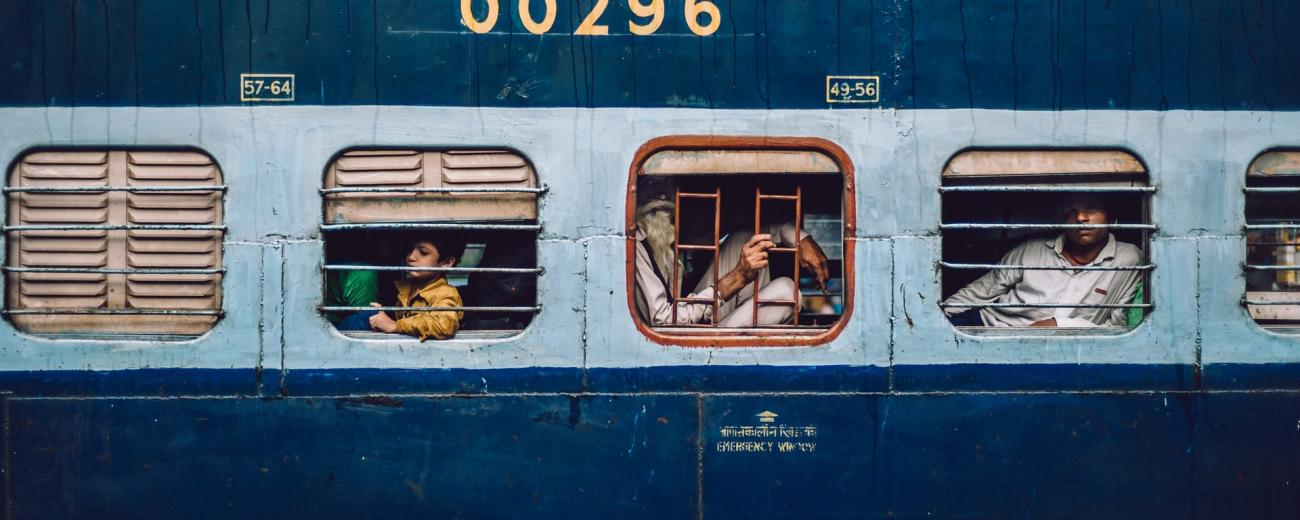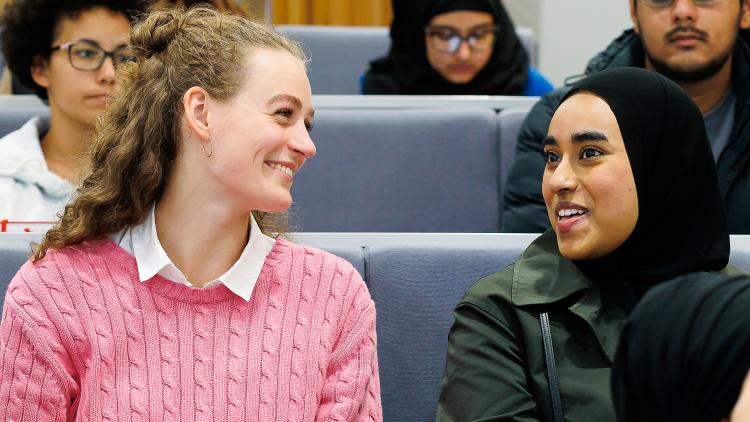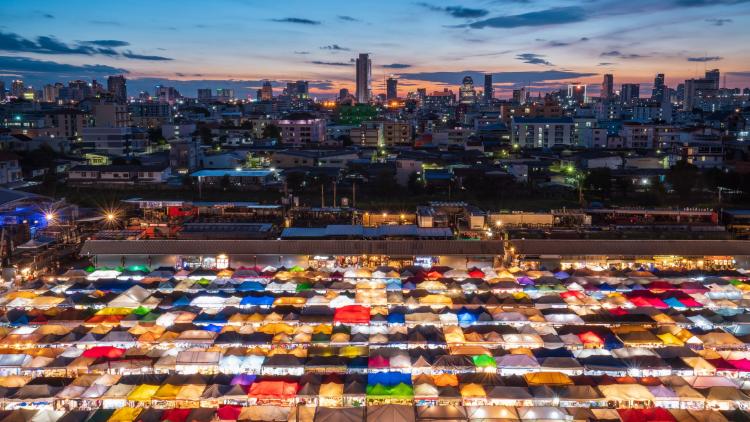MA Postcolonial Studies



Key information
- Start date
- Duration
- 1
- Start of programme
- September
- Attendance mode
- Full Time
- Location
- SOAS on Campus
- Fees
-
Home student fees: £12,220 per year
Overseas student fees: £25,320 per yearPlease note that fees go up each year.
See postgraduate fees for further details. - Course code
- PGTF0014
- Entry requirements
-
We will consider all applications with a 2:2 (or international equivalent) or higher in social science of humanities subject. In addition to degree classification we take into account other elements of the application such as supporting statement. References are optional, but can help build a stronger application if you fall below the 2:2 requirement or have non-traditional qualifications.
See international entry requirements and English language requirements
Course overview
The MA Postcolonial Studies programme offers a focus on the historical relationships of power, domination and practices of imperialism and colonialism in the modern period (late nineteenth-century to the present) through the study of literature and culture.
The core module will introduce a variety of theoretical and methodological approaches to the literature, film and media of these areas. A range of literary, filmic and theoretical texts from Africa, Asia, the Caribbean and the Near and Middle East will normally be included in the reading list.
These will address representations of colonialism and decolonisation, neo-colonialism, nationalism in postcolonial societies and diasporic experiences, allowing us to explore the heterogeneous meanings, intersections and strategies of analysis that have emerged with reference to postcolonial studies.
Attention will be paid to colonial and postcolonial constructs such as the Oriental, the Global, the Cosmopolitan, the Third World and the multicultural. The core module of the MA programme introduces and analyses interdisciplinary theories and ideological practices around a set of historical and current issues from various regions of Asia and Africa. The range of minors offers students more opportunities to explore interdisciplinarity and regional specificities.
Why study MA Postcolonial Studies at SOAS?
- Postcolonial MA programmes offered in London and other UK institutions are located within the field of English Studies or the Social Sciences. The Centre for Cultural, Literary and Postcolonial Studies (CCLPS ) is uniquely positioned to offer an inter-disciplinary Postcolonial Studies MA programme which gives students an opportunity to understand and negotiate the field of postcolonial studies with recourse to interdisciplinarity and to theoretical explications from the regions of Asia, Africa and the Middle East.
- SOAS offers a unique range of regional expertise available amongst the CCLPS’s faculty membership.
- The MA Postcolonial Studies programme also offers a timely intervention at a time when there is a national and international crisis in the understanding of multiculturalism, race relations and religious and national affiliations
- You will be eligible to apply for internships, available to students starting 2023/24.
Structure
Students take 180 credits , 60 credits are from a dissertation and 120 credits from taught modules. You may take a 30 credit language acquisition module at appropriate level as one of your modules.
Programme
Important notice
The information on the programme page reflects the intended programme structure against the given academic session. If you are a current student you can find structure information on the previous year link at the top of the page or through your Department.
Please read the important notice regarding changes to programmes and modules.
Compulsory
Core
Guided options
Students must take a minimum of 60 credits from List A and upto a Maximum of 90 credits
Teaching and learning
Contact hours
One-year Masters programmes consist of 180 credits. 120 credits are taught in modules of 30 credits (taught over 20 weeks) or 15 credits (taught over 10 weeks); the dissertation makes up the remaining 60 units. The programme structure shows which modules are compulsory and which optional.
As a rough guide, 1 credit equals approximately 10 hours of work. Most of this will be independent study, including reading and research, preparing coursework and revising for examinations. It will also include class time, which may include lectures, seminars and other classes. Some subjects, such as learning a language, have more class time than others. At SOAS, most postgraduate modules have a one hour lecture and a one hour seminar every week, but this does vary.
More information is on the page for each module.
Learning outcome
Knowledge
- To develop a detailed knowledge and understanding of the histories, politics and theoretical concepts deployed by the term Postcolonial, postcolonialism and postcoloniality.
- How to think critically about the contexts of exploration and colonialism in relation to postcolonial societies.
- Understanding different approaches to culture, nationalism, multiculturalism, migration, gender and race in the context of post-colonial societies.
Intellectual (thinking) skills
- Critically analyse a variety of theoretical material
- Demonstrate an ability to understand academic conventions and to write analytically and reflectively
- Construct and present arguments, both orally and in writing
- Demonstrate an ability to think critically about postcolonial issues in a number of disciplines
- Engender original approaches and strategies
Subject-based practical skills
- Write effectively and analytically
- Retrieve, sift and analyse information from a variety of sources.
- Present to audiences: listen, engage and interact.
- Practice research techniques in a variety of specialized research libraries and institutes
Transferrable skills
- Structure and communicate ideas effectively both orally and in writing.
- Critically evaluate arguments
- Formally present their research findings to a public audience
- Integrate as team members in a group
- Utilise a variety of multi-media academic resources
- Work within a set deadline period
Learning resources
SOAS Library is one of the world's most important academic libraries for the study of Africa, Asia and the Middle East, attracting scholars from all over the world. The Library houses over 1.2 million volumes, together with significant archival holdings, special collections and a growing network of electronic resources.
Scholarships
Employment
Graduates of the School of Languages, Cultures and Linguistics leave SOAS not only with linguistic and cultural expertise, but also with skills in written and oral communication, analysis and problem solving.
Recent graduates have been hired by:
- Africa Matters
- Amnesty International
- Arab British Chamber of Commerce
- BBC World Service
- British High Commission
- Council for British Research in the Levant
- Department for International Development
- Edelman
- Embassy of Jordan
- Ernst & Young
- Foreign & Commonwealth Office
- Institute of Arab and Islamic Studies
- Middle East Eye
- Saïd Foundation
- TalkAbout Speech Therapy
- The Black Curriculum
- The Telegraph
- United Nations Development Programme
- UNHCR, the UN Refugee Agency
- Wall Street Journal
Find out about our Careers Service.











